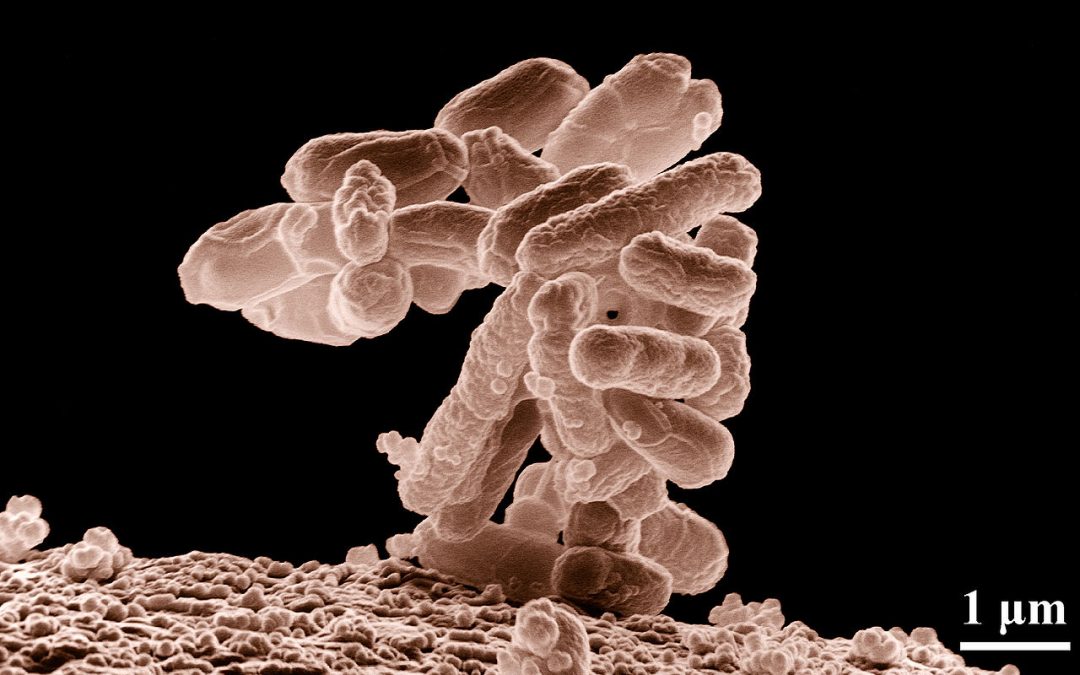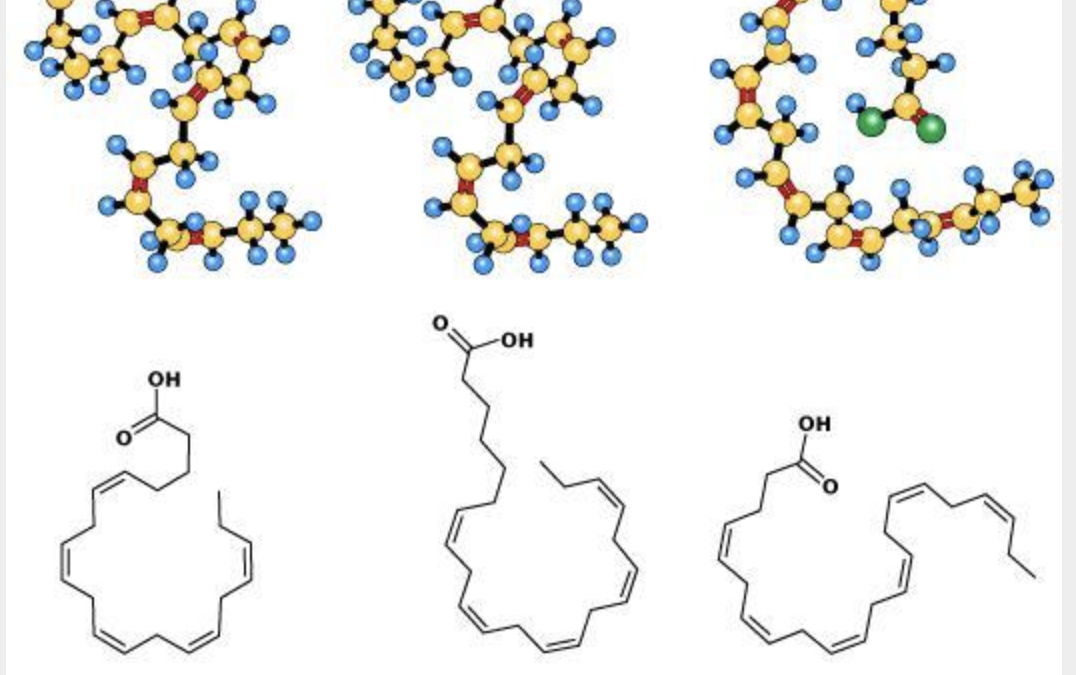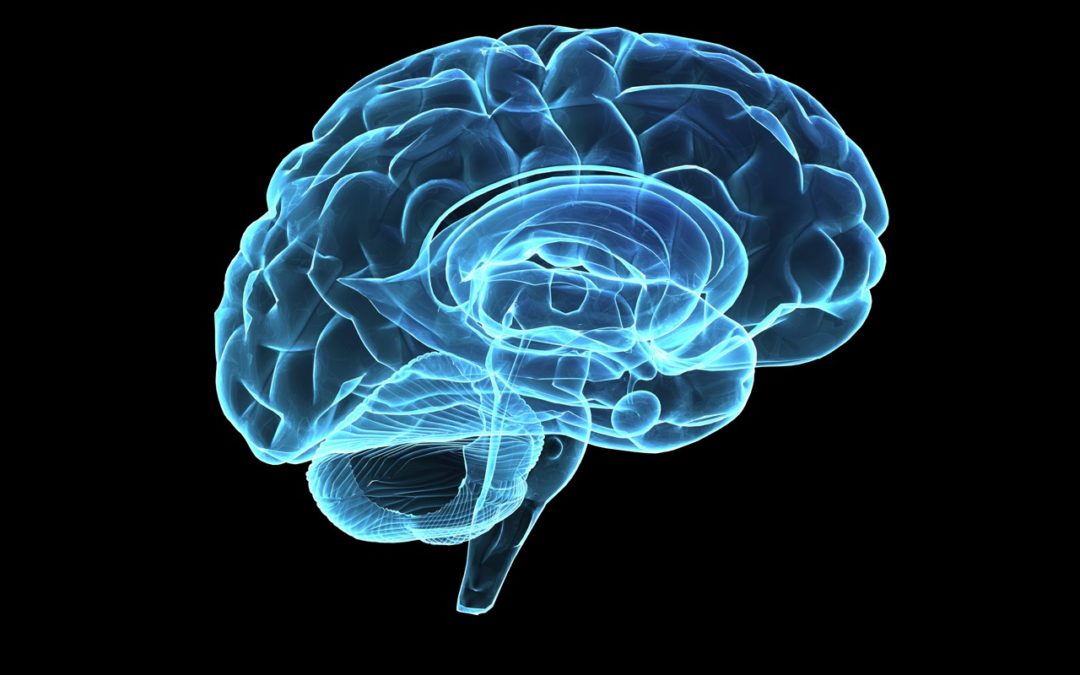
by Dr. Michael Murray | Mar 19, 2019 | Most Recent, Natural Facts
Introduction Small intestinal bacterial overgrowth (SIBO) may seem like a new condition, but I first wrote about it over 35 years ago. At the time, in the early 1980s, there was a lot of focus on the overgrowth of Candida albicans in the intestinal tract as a factor...

by Dr. Michael Murray | Mar 13, 2019 | Most Recent, Natural Facts
Introduction Glutamine is the most abundant amino acid (the building block units of protein) in the body and is involved in more metabolic processes than any other amino acid. Glutamine is especially important in serving as a source of fuel for cells lining...

by Dr. Michael Murray | Mar 4, 2019 | Health Conditions, Most Recent, Natural Facts
T Introduction Much of the research and attention on fish oils has focused on the omega-3 fatty acids eicosapentaenoic acid (EPA, C20:5n3) and docosahexaenoic acid (DHA, C22:6n3), but a burgeoning body of new science is now indicating that the third most...
by Dr. Michael Murray | Feb 12, 2019 | Digestion, Health Conditions, Most Recent, Natural Facts, Weekly Health Tips
Introduction More than 15 million Americans currently use proton pump inhibitors, or PPIs, to treat heartburn due to gastroesophageal reflux disease (GERD). The drugs come in either in prescription or over-the-counter forms, including well-known names like Prevacid,...

by Dr. Michael Murray | Feb 5, 2019 | Health Conditions, Most Recent, Natural Facts, Supplements, Treatments and Research
Introduction Many times there are extremely positive preliminary results with a natural product improving very serious health condition and there is no follow up studies. In 2005, a clinical trial indicated that a common dietary supplement can produce meaningful...
by Dr. Michael Murray | Jan 30, 2019 | Alzheimer's Disease, Anti-Aging, Health Conditions, Most Recent, Natural Facts
Introduction The use of acid-blocking drugs, like Nexium and Prilosec, in the treatment of gastroesophageal reflux disease (GERD) and indigestion is a prime example of how drugs designed to only suppress symptoms can create a long list of possible adverse effects and...







